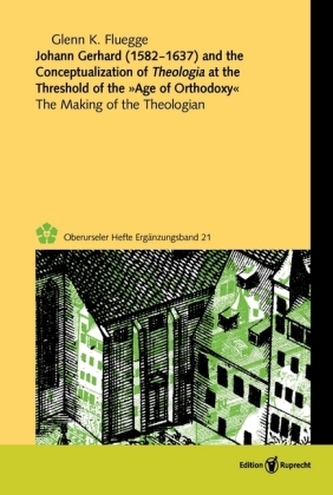Koszyk
towar
(pusty)
 Książki dla dzieci
Książki dla dzieci
 Powieści • beletrystyka
Powieści • beletrystyka
 Kryminały
Kryminały
 Young Adult
Young Adult
 Fantastyka • Fantastyczno-naukowe
Fantastyka • Fantastyczno-naukowe
 Książki fachowe • naukowe
Książki fachowe • naukowe
 Książki kucharskie
Książki kucharskie
 Komiksy
Komiksy
 Motywacja i rozwój osobisty
Motywacja i rozwój osobisty
 Hobby
Hobby
 Podręczniki
Podręczniki
 Ezoteryka • astrologia
Ezoteryka • astrologia
 Thrillery • horrory
Thrillery • horrory
 Zdrowie i styl życia
Zdrowie i styl życia
 Poezja • dramat
Poezja • dramat
 Rodzina • związki • dzieci
Rodzina • związki • dzieci
 Biznes • Księgowość
Biznes • Księgowość
 Wszystkie kategorie
Wszystkie kategorie





Recenzja